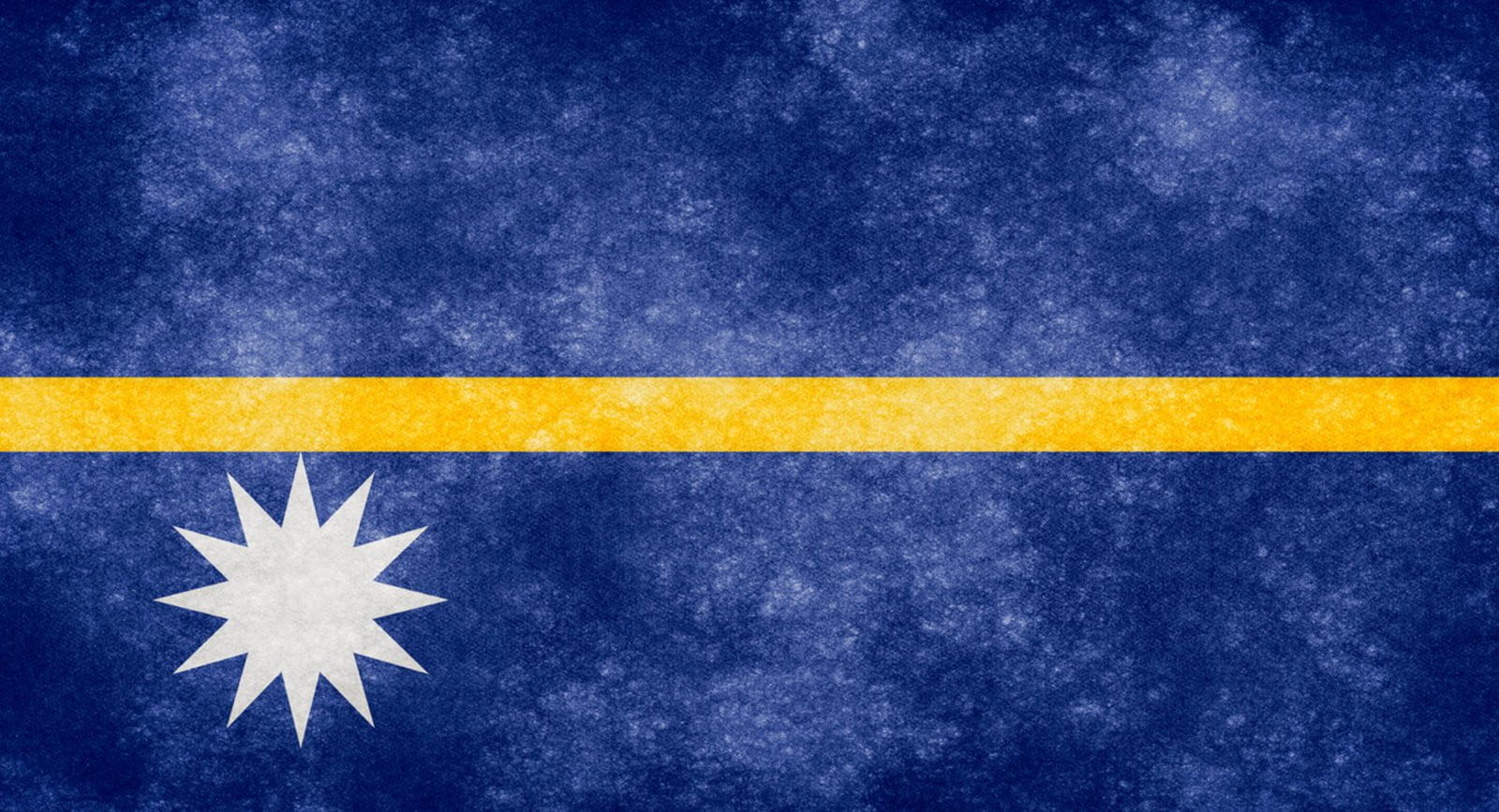Amnesty International welcomes the new Crimes Act 2016, which came into force in Nauru on 12 May.
The new law replaces the archaic Criminal Code from 1899 and includes a number of positive steps towards improving human rights such as:
- The substitution of the death penalty with life imprisonment as the punishment for murder. Following this change, the death penalty is no longer applicable under the laws of Nauru;
- The repeal of laws which criminalize same sex sexual activity;
- Allowing abortions if carried out by medical professionals;
- Decriminalizing suicide; and
- Criminalizing marital rape (section 137) and including a range of provisions to address violence against women and girls.
Death penalty abolished
Nauru is not known to have carried out any executions since 1968. The formal removal of the death penalty makes Nauru become the 103rd country to have abolished the death penalty for all crimes and sends a strong signal to other Asia Pacific countries to follow suit. Tonga and Papua New Guinea are now the only Pacific Island countries to retain the death penalty, after Fiji became abolitionist for all crimes in February 2015. Both countries are abolitionist in practice, although Papua New Guinea has recently announced it is considering resuming executions, going against the global trend towards abolition of the death penalty.
The new Criminal Act will undoubtedly have a positive impact on all those in Nauru.
The Nauru government must ensure that it also provides appropriate support services, health care, psycho-social support, and access to justice for those experiencing violent crime.
Abortion decriminalized
The new provisions decriminalizing abortion (section 68) are also a positive step in protecting the rights of women and girls, however, the government must ensure that sexual and reproductive health information and services are readily available to women and girls on the small island nation, which only has two hospitals servicing the population of approximately 10,000 people.
Although many of these measures are positive steps, Amnesty International is concerned that Nauru has moved towards criminalizing the organization of and buying of sexual services (sections 107, 108 and 109), a measure that has a significant and detrimental impact on the right to health, the right to liberty and security of the person and other human rights of sex workers (see Amnesty International’s report, Outlawed and Abused: Criminalizing sex work in Papua New Guinea).
Nauru should consider the full decriminalization of consensual adult selling of sex and instead focus on ensuring that sex workers are protected from the high levels of violence and stigma that they suffer.
Nauru should consider the full decriminalization of consensual adult selling of sex and instead focus on ensuring that sex workers are protected from the high levels of violence and stigma that they suffer.
Concerns remain over freedom of expression
In addition, Amnesty International has previously raised concerns around unlawful restrictions on the right to freedom of expression, such as the ban on all access to Facebook in the country. While the government claimed the Facebook ban was a response to child pornography, the ban was neither necessary nor proportionate to achieving that aim as required under international law.
The new Criminal Act includes penalties such as three years’ imprisonment for “criminal defamation” (section 250). Imprisonment is not an appropriate or necessary response to defamation, and amounts to an unlawful restriction on the right to freedom of expression under international law.









